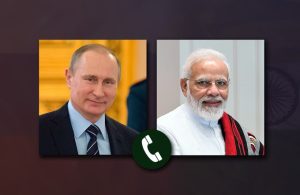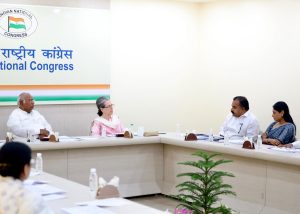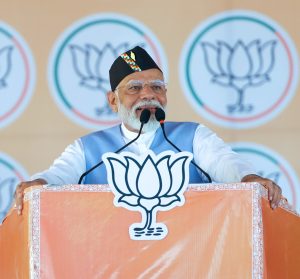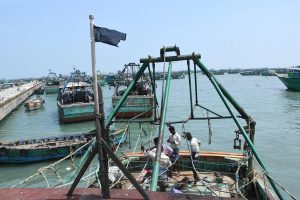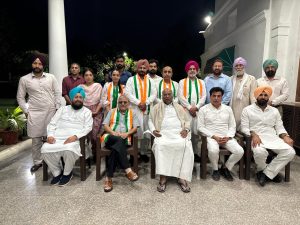7 Pakistani firms listed by US for posing risk to national security
7 Pakistani firms listed by US for posing risk to national security
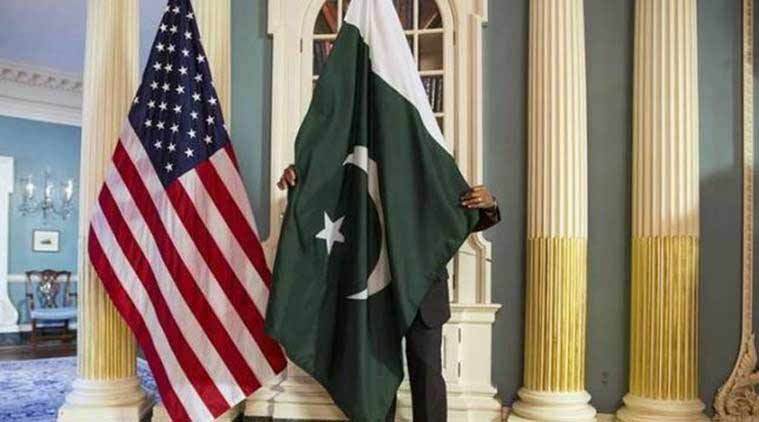
By Sajjad HussainnnISLAMABAD/ WASHINGTON: The US government has added seven Pakistani firms to a list of foreign entities that pose a “significant risk” to its national security and interests by allegedly engaging in nuclear trade, denting Islamabad’s bid to join the elite Nuclear Suppliers Group (NSG).nnA total of 23 entities were added to the list that was published in the US Federal Register last week by the country’s Bureau of Industry and Security (BIS). Besides the Pakistani firms, the list includes 15 entities from South Sudan and one from Singapore.nnThe list prepared by the US BIS has declared that all seven Pakistani firms are “reasonably believed to be involved, or to pose a significant risk of being or becoming involved, in activities contrary to the national security or foreign policy interests of the United States”.nnNow all 23 entities face stringent export control measures, which could prevent them from international trade.nnAmong the seven Pakistani companies, three are listed for “their involvement in the proliferation of unsafeguarded nuclear activities that are contrary to the national security and/or foreign policy interests of the US”.nnTwo are accused of procuring supplies for nuclear-related entities already on the list and the remaining two are accused of acting as fronts for listed entities. An eighth Pakistani entity is based in Singapore.nnThe End-user Review Committee (ERC) of the US Department of Commerce determined that Mushko Logistics Pvt Ltd, Singapore, and Mushko Electronics Pvt Ltd, Pakistan, should be added to the list on the grounds that they procured items for several Pakistani entities on the entity list.nnSo far Pakistan authorities have not commented on the US move to sanction the companies.nnThe ERC determined that Solutions Engineering, Pakistan should be added to the list based on its involvement in activities contrary to US national security and foreign policy interests. Specifically, the ERC determined that this entity has been involved in the procurement of US-origin items on behalf of nuclear-related entities in Pakistan that are already on the ERC list.nnFor the remaining five Pakistani entities, the ERC determined that three of the entities, Akhtar & Munir, Proficient Engineers and Pervaiz Commercial Trading Co (PCTC), be added based for their “involvement in the proliferation of unsafeguarded nuclear activities that are contrary to the national security and/or foreign policy interests of the US”.nnThe ERC also determined that Marine Systems Pvt Ltd be added to the list for assisting Pakistani entities in circumventing US restrictions. The ERC also determined that Engineering and Commercial Services (ECS) be added to the list for its involvement in supplying a Pakistani nuclear-related entity.nnCompanies dealing with the 23 entities added to the ERC list could face strict licence conditions or licence denials. The licence requirements apply to any transaction in which items are to be exported, re-exported, or transferred to any of the persons or in which such persons act as purchaser, intermediate consignee, ultimate consignee, or end user.nnIn addition, no licence exceptions are available for exports, re-exports, or transfers to the entities being added to the list in this rule.nnThe list also includes several addresses of each of the seven Pakistani companies in Karachi, Lahore and Islamabad, the Dawn newspaper reported today.nnThe move would also have a negative impact on Pakistan’s determined bid to join Vienna-based 48-member group which controls the global nuclear trade.nnPakistan applied for the NSG membership on May 19, 2016, after it appeared that the US and certain other Western nations are actively supporting India’s bid to join the group.nnPakistan argues that the NSG should adopt a “non-discriminatory, criteria-based” approach for inducting new members.nnChina and Turkey also support Pakistan’s application, but cite procedural issues in adding new members, which has delayed India’s inclusion. The NSG requires a consensus among the member states for adding new countries to the club.nnSource: Press Trust of India
